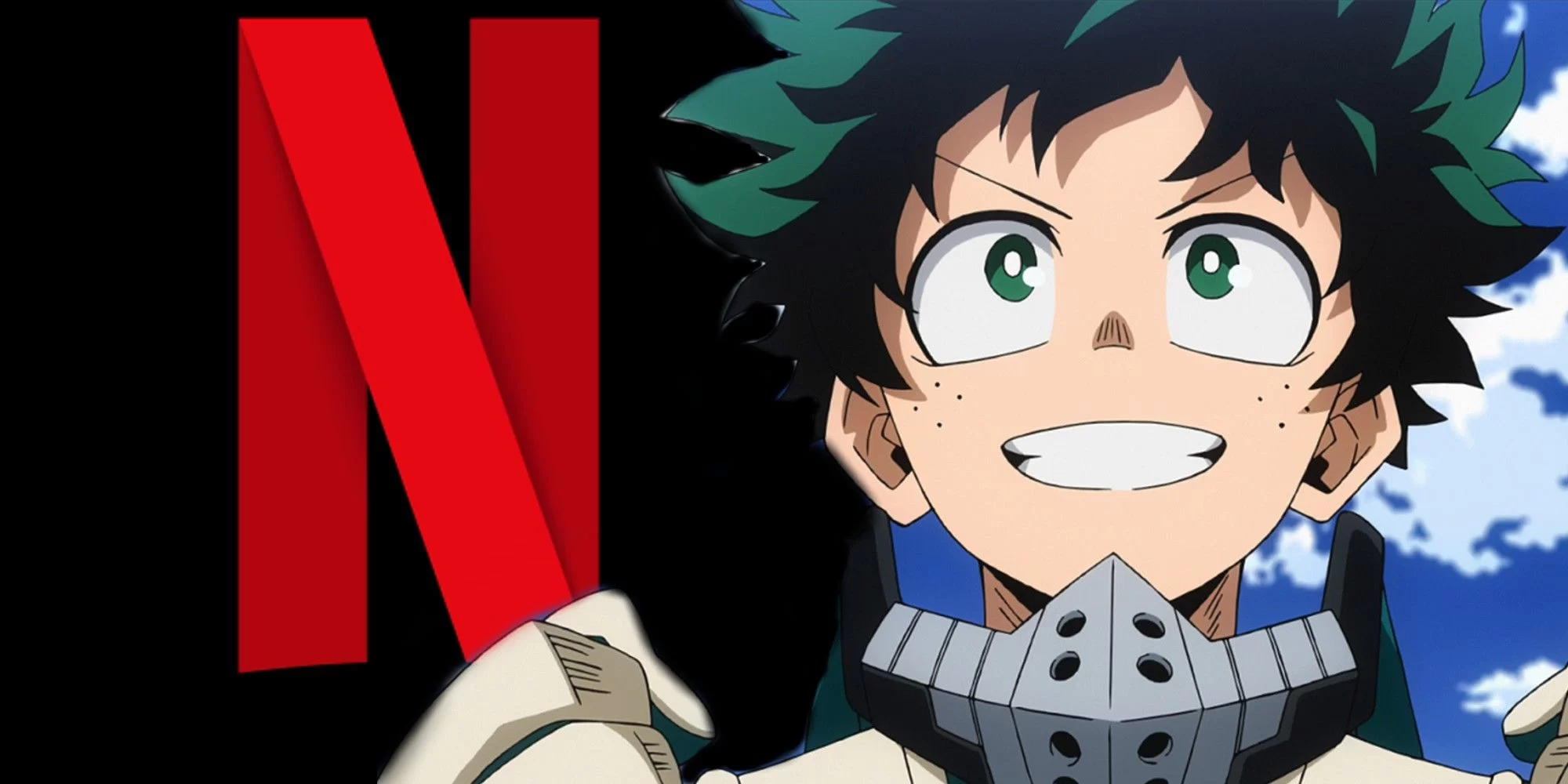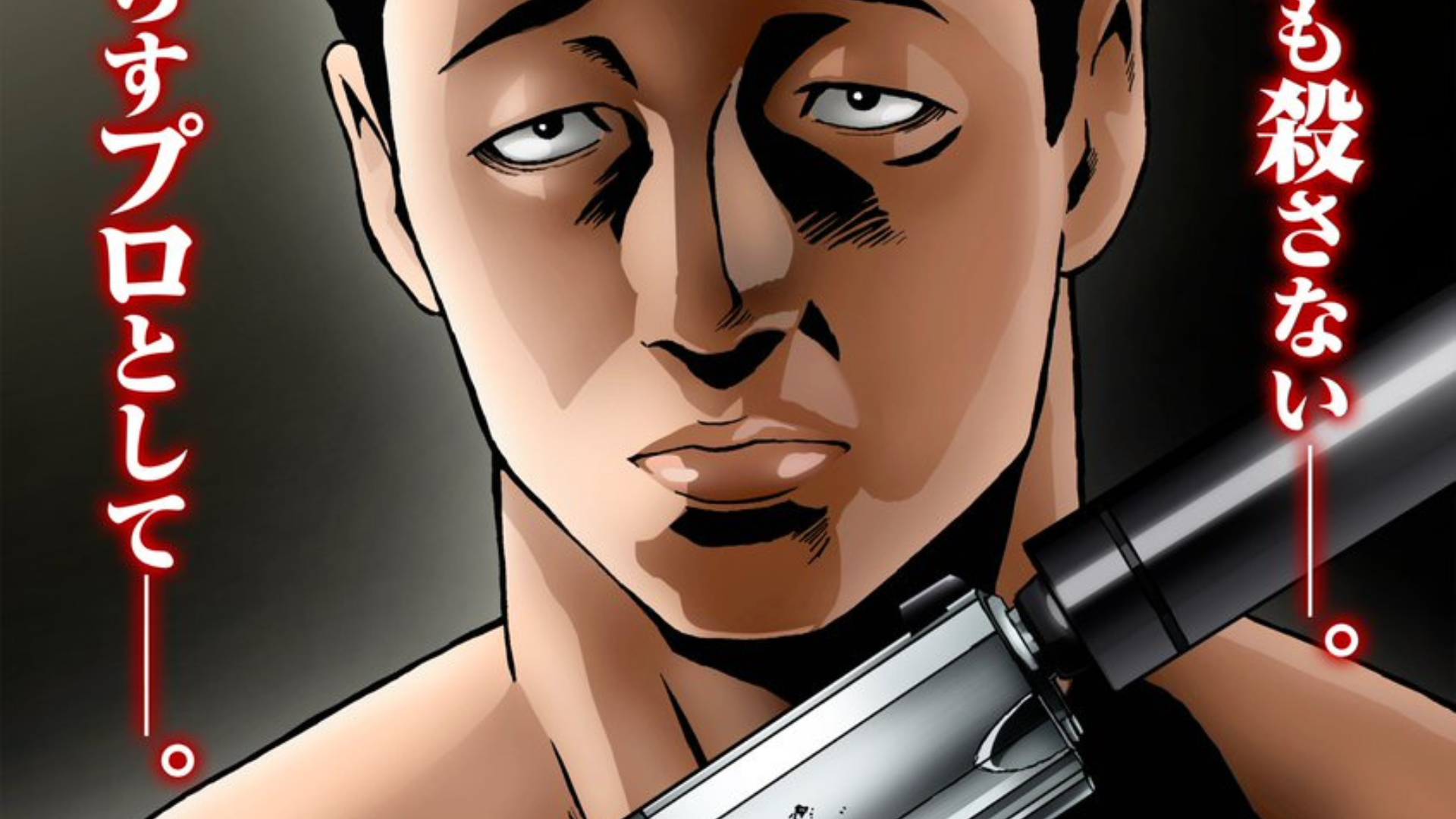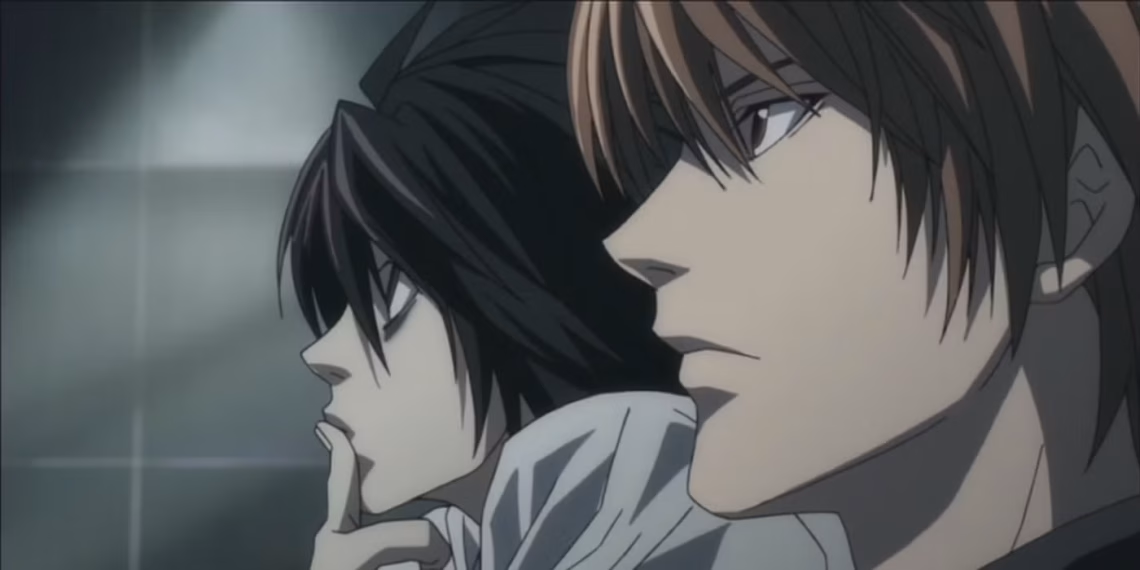Netflix is facing fresh criticism over the casting decisions for its upcoming Death Note live-action series. Announced earlier this month, the project has already sparked boycotts, with critics accusing the streamer of erasing the Japanese roots of the original story. The controversy mirrors past outrage over adaptations like Ghost in the Shell and the previous Death Note film.
Social media erupted after early reports revealed the series would feature a mostly Western cast. As covered by The Guardian, fans are voicing concerns that Netflix is prioritizing mass appeal over cultural authenticity. Hashtags like #Whitewashing and #DeathNoteDeservesBetter began trending, reigniting debates about Western studios handling Eastern IPs.
Cultural Authenticity Under Fire

Many viewers argue that anime adaptations lose their essence when stripped of their original cultural context. Critics say setting the story outside Japan and replacing Japanese characters with American ones alters the narrative’s meaning. They emphasize that the supernatural thriller’s tension and symbolism are deeply rooted in Japanese folklore and ethics.
Supporters of the adaptation claim that creative liberties are necessary to appeal to a broader audience. However, opponents argue that respect for source material shouldn’t be sacrificed for viewership metrics. The backlash highlights a growing demand for culturally accurate adaptations and better Asian representation in Western media.
Industry Pushback and Fan Response

Amid the controversy, several content creators and industry professionals have called out Netflix’s history of tone-deaf adaptations. Previous attempts to adapt anime—like the 2017 Death Note film—received similar backlash and were critically panned. Fans now fear this new iteration will follow the same missteps.
Boycott campaigns have emerged across X, TikTok, and Reddit, with users urging Netflix to reconsider its casting approach. Some are canceling subscriptions, while others are pushing for Japanese-led productions to gain more global visibility. The debate underscores the tension between adaptation and appropriation—and what fans believe is due respect for the original medium.
Also Read: 20 Best Anime with Japanese Mythology




